Resolution #453
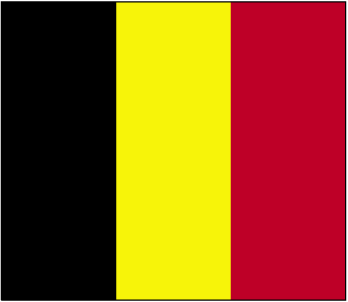 |
The question of human trafficking in sub-Saharan Africa. |
| Committee: SOCHUM | |
| Main Submitter: Belgium | |
| Submitted: 15/02/2025 11:34 |
| Status |
|---|
| Passed cosubmitter sheet validation |
| Approved by approval panel |
| Selected for debate by secretariat |
| Passed by committee (SOCHUM) |
Committee Voting
| For: | 31 |
| Against: | 17 |
| Abstentions: | 3 |
Options
Co-submitters
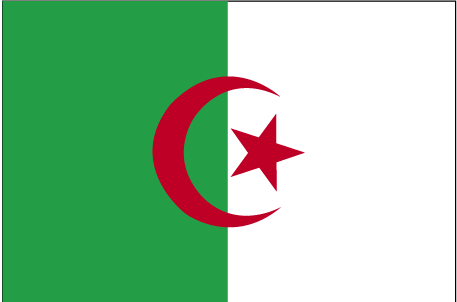 | Algeria |
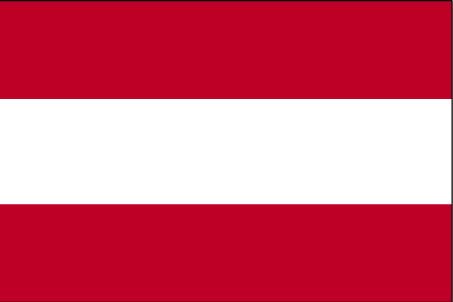 | Austria |
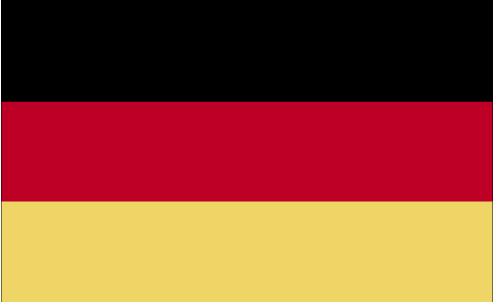 | Germany |
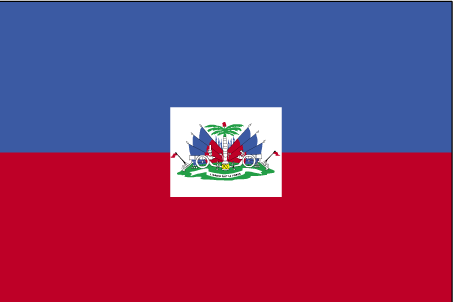 | Haiti |
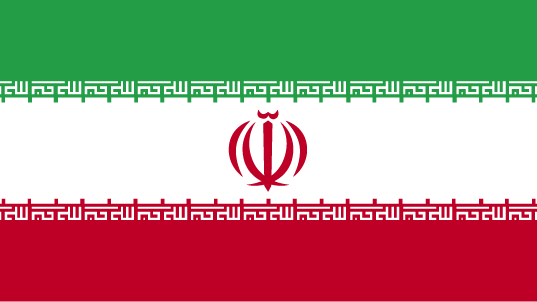 | Iran |
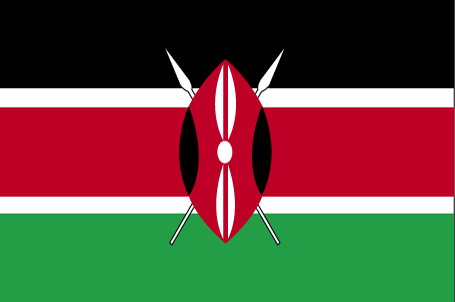 | Kenya |
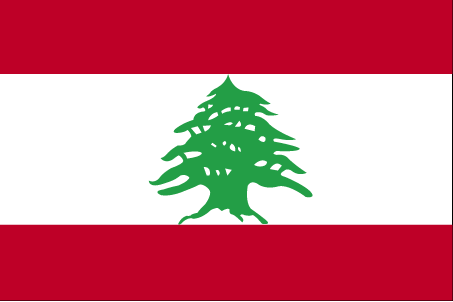 | Lebanon |
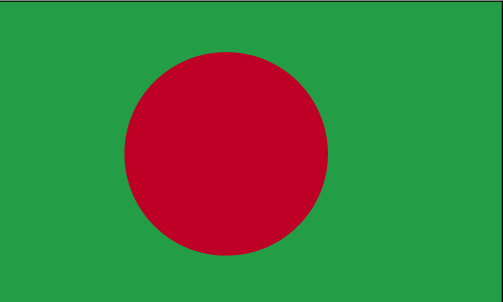 | Bangladesh |
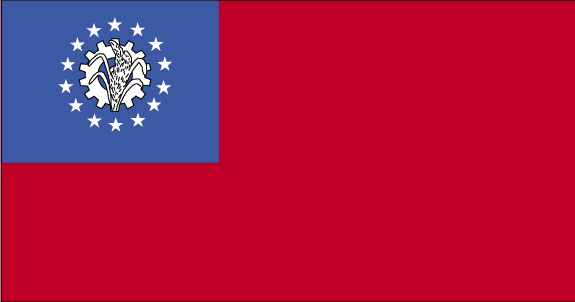 | Myanmar |
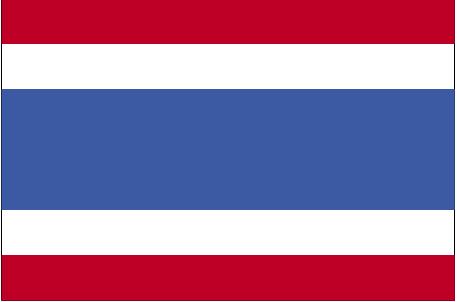 | Thailand |
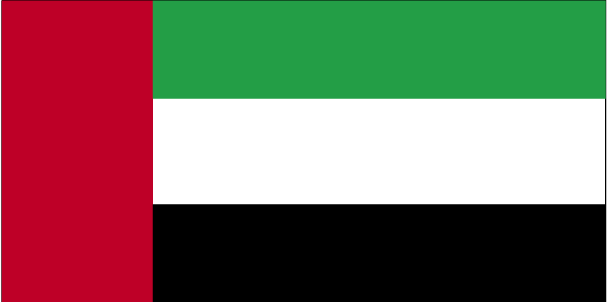 | United Arab Emirates |
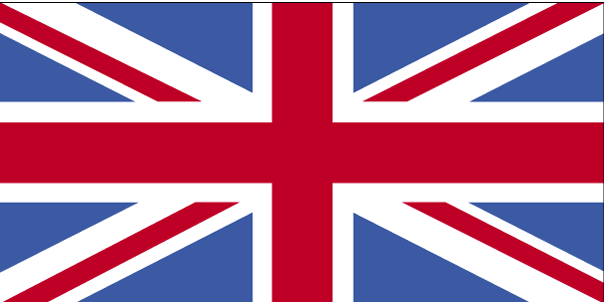 | United Kingdom |
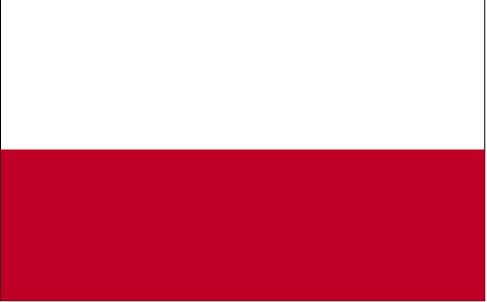 | Poland |
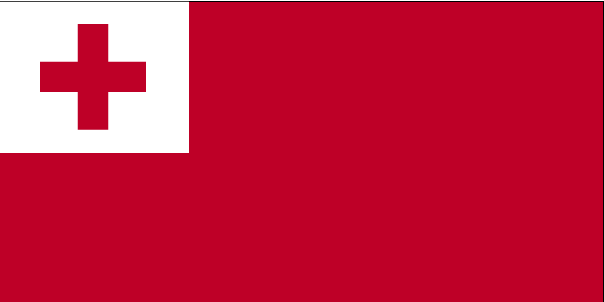 | Tonga |
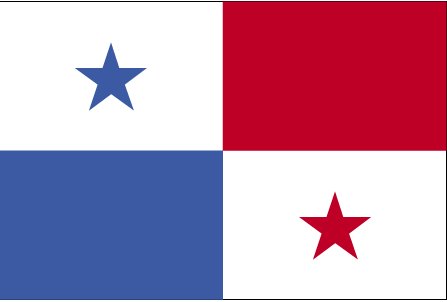 | Panama |
Resolution
FORUM: SOCHUM
TQO: Human trafficking in sub-Saharan Africa
SUBMITTED BY: Belgium
CO-SUBMITTERS: Algeria, Austria, Bangladesh, Costa Rica, Germany, Iran, Kenya, Thailand
THE SOCIAL AND HUMANITARIAN COMMITTEE,
Welcomes all member states willing to dedicate their resources and power to take part in solving this drastic issue,
Imploring the house to recognize the importance of this resolution and seriously consider its content to provide third-level institutions in less economically developed countries,
Recognizing that human trafficking infringes upon the human right to liberty and security, the right not to be submitted to slavery, servitude, forced labour or bonded labour, and the right to life, as outlined in the United Nations (UN) -Universal Declaration of Human Rights,
Defining sub-Saharan Africa as the region encompassing all nations on the continent of Africa except for Algeria, Egypt, Libya, Morocco, and Tunisia,
Alarmed by the fact that children represent approximately 60% of detected trafficking victims in sub-Saharan Africa, with significant numbers of both boys and girls affected,
Deeply concerned that an estimated 6.04 million individuals are enslaved in sub-Saharan Africa, accounting for 12% of the global enslaved population,
1. Calls for the creation of a dedicated UN sub-body of the Office of the United Nations High Commissioner for Human Rights (OHCHR), the United Nations Agency Concerning Human Trafficking in sub-Saharan Africa (UNACHTSA), which would work with all relevant member states, such as nations in Africa, western and southern Europe, the Middle East, South Asia, and the Pacific, as well as the OHCHR and the Special Rapporteur on Trafficking in Persons, Especially Women and Children, to prevent human trafficking in sub-Saharan Africa by:
a. Hosting a biannual conference in the OHCHR headquarters in Vienna, Austria, in which relevant member states would convene
b. Implementing all solutions contained within this document;
2. Promotes the establishment of specialized care facilities across sub-Saharan Africa for victims of human trafficking, taking into consideration their security, dignity, and long-term rehabilitation, using the following methods:
a. Cooperating with international organizations, NGOs and governments
b. Ensuring that services provided to identified victims in these facilities cover a range of services such as but not limited to:
i. short and long-term medical services, including emergency care for injuries and illnesses perpetrated during the abuse
ii. emotional and psychological support, considering the cultural context, including group counseling and peer support programs
c. Providing mechanisms of accountability and evaluation via annual audits and assessments by the UN bodies to ensure that the centers are functioning effectively and meet international standards;
3. Requests the creation of community-based programs for early identification of trafficking victims, especially in areas where there is high vulnerability for victimization to occur, by:
a. Training local community leaders and members such as village chiefs, local religious leaders, and school teachers will be involved in specialized training in the identification of early signs of trafficking
b. the creation of “Safety for Disclosure” among victims by designing safe houses, such as local community centers, health clinics, or even schools, will be established where people can report trafficking cases without being put at risk by traffickers, furthermore:
i. Providing safe places at the points that are usually in vulnerable states in areas of trafficking, which can be either in urban or rural areas
ii. mobile outreach teams being selected by the United Nations to also visit the most secluded areas to reach out to beneficiaries in the furthest, hardest-to-reach areas with the safe spaces created;
4. Emphasizes solutions for socio-economic issues in sub-Saharan Africa that increase the risk of trafficking, which would involve:
a. Creating opportunities for job skill development and ways to further education
b. Providing economic aid to impoverished communities vulnerable to traffickers
c. Subsidize training for social workers, volunteers, and communities in order to intervene when suspected human trafficking occurs and to validate legitimate job opportunities
d. The regulation and monitoring of business sectors in sub-Saharan Africa known to employ victims of human trafficking, such as agriculture, mining, and domestic work, to prevent these businesses from engaging in human trafficking;
5. Invites countries on known sub-Saharan human trafficking routes to collaborate in a multilateral effort against cross-border human trafficking, which would involve:
a. Cross-border cooperation efforts to track victims and traffickers across the region of sub-Saharan Africa
b. Improving training for police, border control, and immigration officers
c. Implement joint international investigations into human trafficking
d. Work with MSP (Minerals Security Partnership) to help maintain ethical standards in mineral mining, a field heavily connected with human trafficking;
6. Urges the development and strengthening of child protection services within Sub-Saharan Africa:
a. Training for law enforcement and judicial personnel to help recognize trafficking issues and to react in an appropriate manner, making sure child trafficking cases are handled in an effective manner and are treated with a victim-centered approach
b. Promoting birth registration and documentation due to the following factors as oftentimes victims are undocumented and by encouraging registration, the establishment of a database will be made easier.